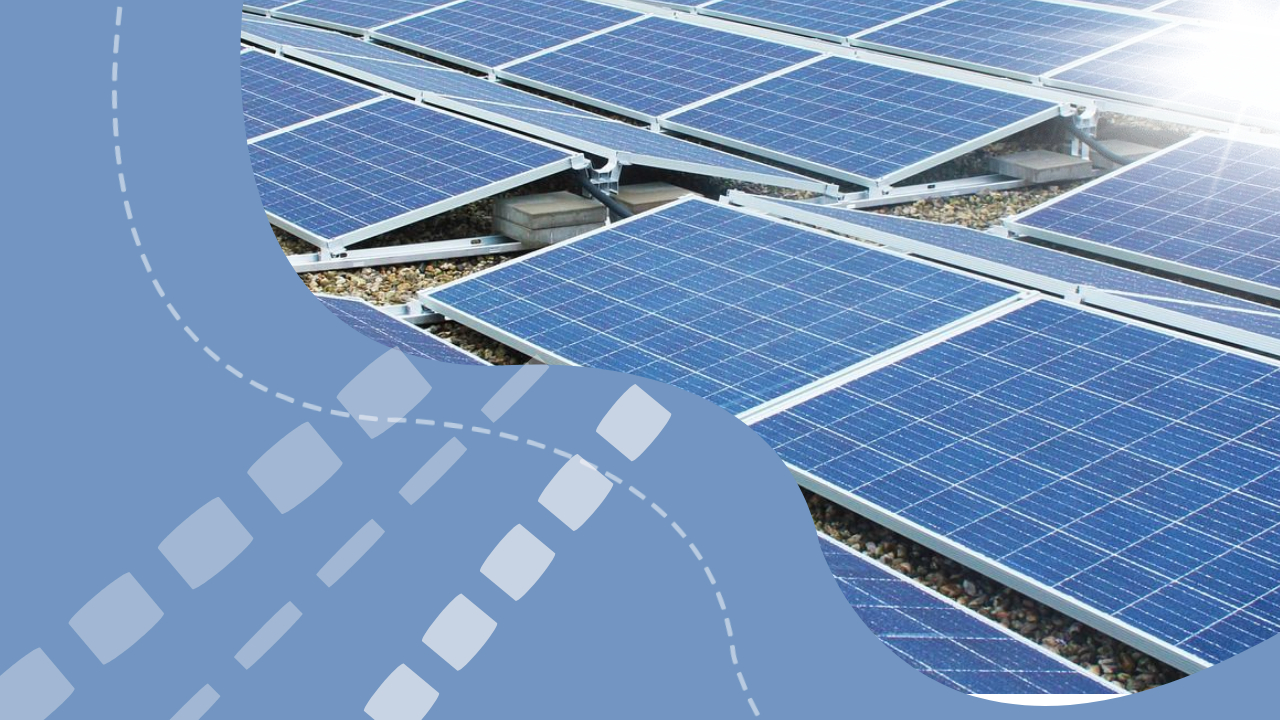As European automakers ramp up their pursuit of lithium for electric vehicle (EV) batteries, an Australian company is stepping in with a new refinery in Germany to help meet demand. Vulcan Energy has launched a pilot project at its plant west of Frankfurt to extract lithium from briny underground water near the French border. This lithium will be used by major auto manufacturers including Volkswagen, Renault, and Stellantis.
In addition to producing lithium, the plant will use excess geothermal heat from water pumped from two kilometers below the Rhine Valley to warm homes in a local community. Francis Wedin, a senior executive at Vulcan, described the project as vital to Europe’s goal of reducing its reliance on foreign sources of critical materials. Currently, Europe’s lithium battery sector is struggling to gain a foothold as regional demand for EVs slows, but Vulcan hopes its plant will bolster Europe’s lithium industry and support the continent’s broader green transition.
Set to begin commercial production by 2027, Vulcan’s project is partly funded by a 100 million euro ($106 million) subsidy from the German government. The EU, with its 2035 deadline to phase out new combustion engine vehicles, is eager to secure local lithium supplies to reduce dependency on China, a dominant player in global lithium mining and refining.
Vulcan’s method involves drawing brine from geothermal reservoirs beneath Landau, where it’s processed into lithium hydroxide through electrolysis and crystallization. Notably, this approach has a carbon-neutral footprint and could be more cost-effective than China’s current methods. Vulcan’s Frankfurt facility aims to produce 24,000 tonnes of lithium hydroxide annually by 2027, enough for approximately 500,000 EV batteries.
The EU has committed to refining 40% of its critical minerals domestically and has launched 28 lithium extraction or refining projects across the bloc. One competitor, AMG Lithium, opened a refinery in eastern Germany in September, sourcing raw materials from Brazil. Still, clean transport advocates warn that while securing lithium is critical, Europe needs further infrastructure to achieve full battery production independence.

